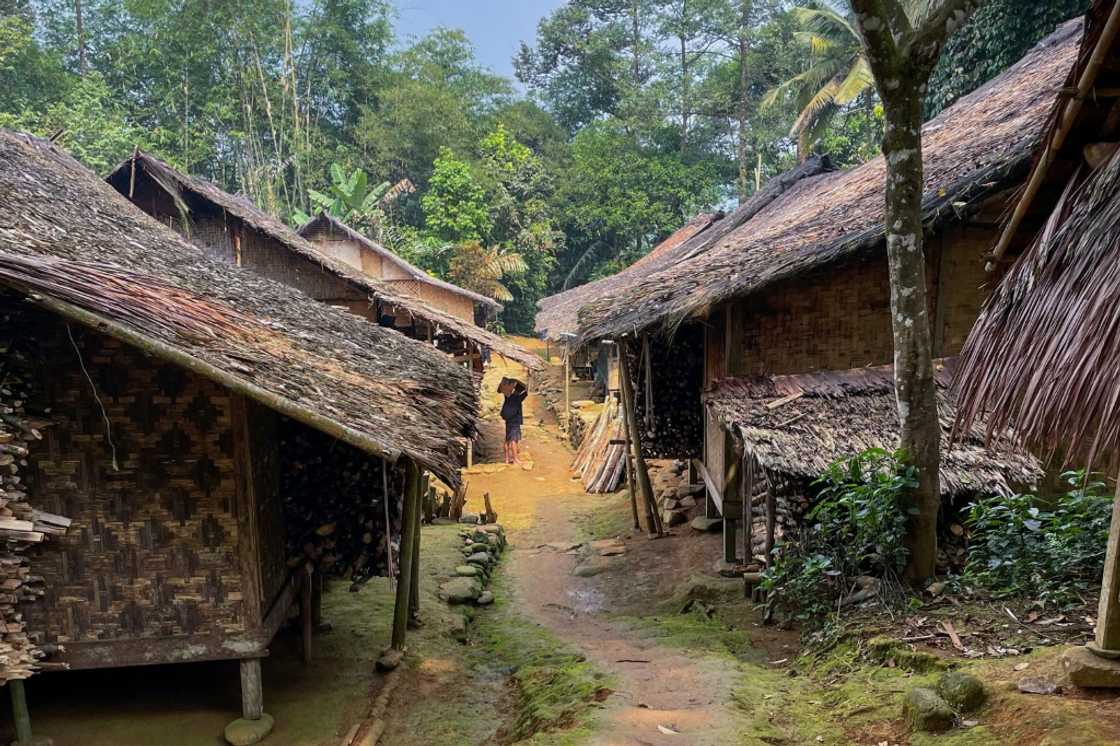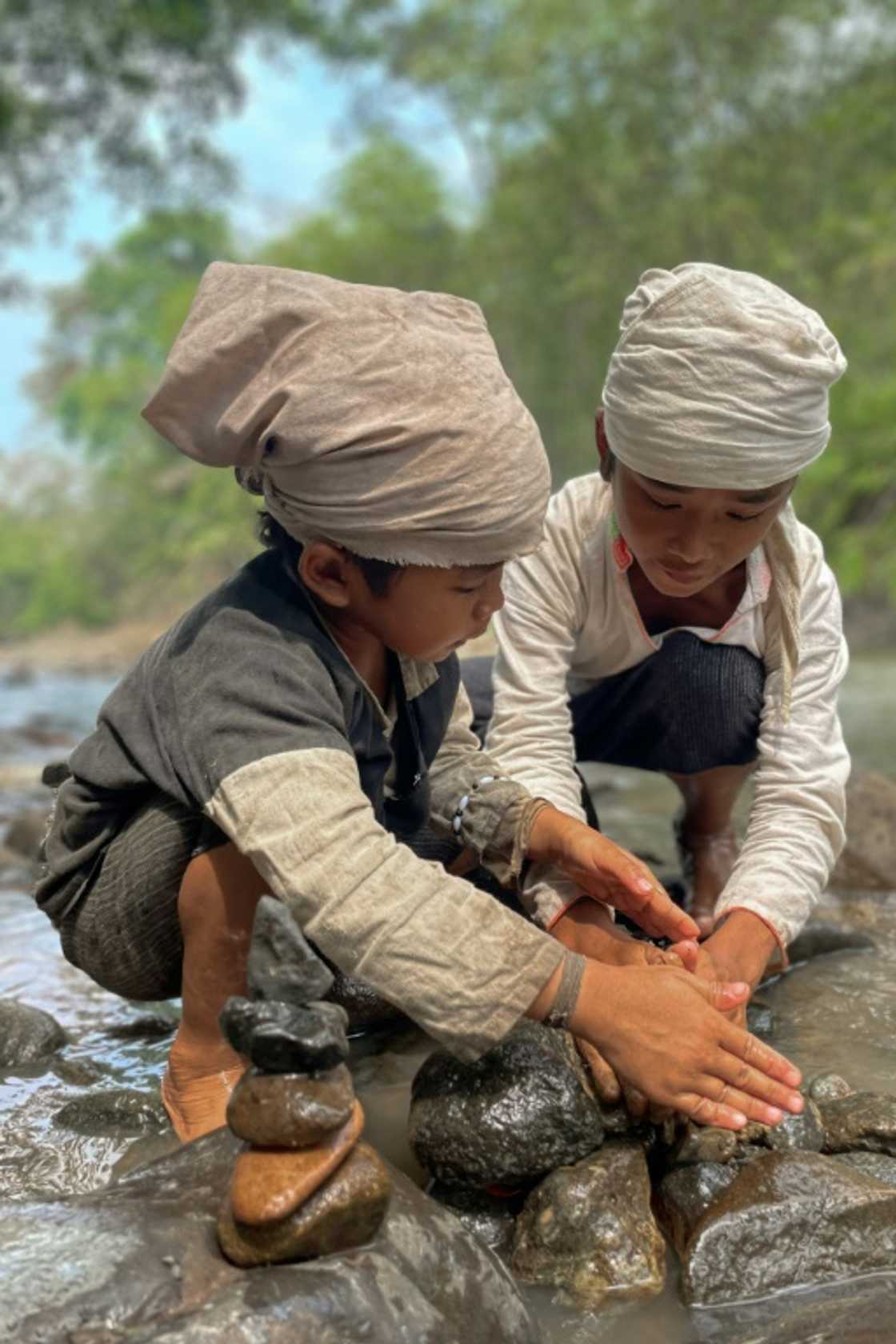Indonesia Indigenous group requests internet blackout

Source: AFP
PAY ATTENTION: Enjoy reading our stories? Join YEN.com.gh's Telegram channel for more!
An Indigenous community in Indonesia has requested an internet blackout in their area to minimise the "negative impact" of the online world, officials said Friday.
The Baduy, a community of 26,000 people in Banten province on Java island, divide themselves into an outer group that partly adopts technology, and a sacred inner group that shuns the trappings of contemporary life.
The inner group asked authorities to shut down internet reception or divert nearby telecom towers so the signal would not reach them, according to a letter seen by AFP.
"This request is a part of our efforts to minimise the negative impact of smartphones on our people," Baduy representatives wrote.
They argued telecommunication towers built near their area could threaten their way of life and the morals of young people who may be tempted to use the internet.
Officials in the district of Lebak told AFP they received the letter on Monday, and had agreed to talk with Indonesia's information ministry to try and comply with the request.
PAY ATTENTION: Follow us on Instagram - get the most important news directly in your favourite app!
"Essentially we want to always accommodate what the Baduy people want, and need to maintain their traditions and local wisdom," Lebak official Budi Santoso told AFP Friday.

Source: AFP
He said the internet was needed by the outer Baduy, who have started online businesses, but also that officials were concerned visitors or tourists could access the web and show content they view as inappropriate to Baduy people.
Internet freedom in conservative, Muslim-majority Indonesia is a controversial issue. The government has banned gambling and pornography, and requires internet providers to filter out content they deem inappropriate.
Despite the censorship, illegal websites hosting such content are rampant.
The reclusive inner Baduy -- dubbed the Amish of Asia by Western media -- have chosen to live in the forest and reject technology, money and traditional schooling.
They reside in three villages across a 4,000-hectare (9,900-acre) area that is several hours' drive from the capital Jakarta.
The government declared the area a cultural conservation site in 1990.
Indonesia is a vastly diverse country with more than 1,300 ethnic groups spread across the archipelago.
New feature: Сheck out news that is picked for YOU ➡️ click on “Recommended for you” and enjoy!
Source: AFP



